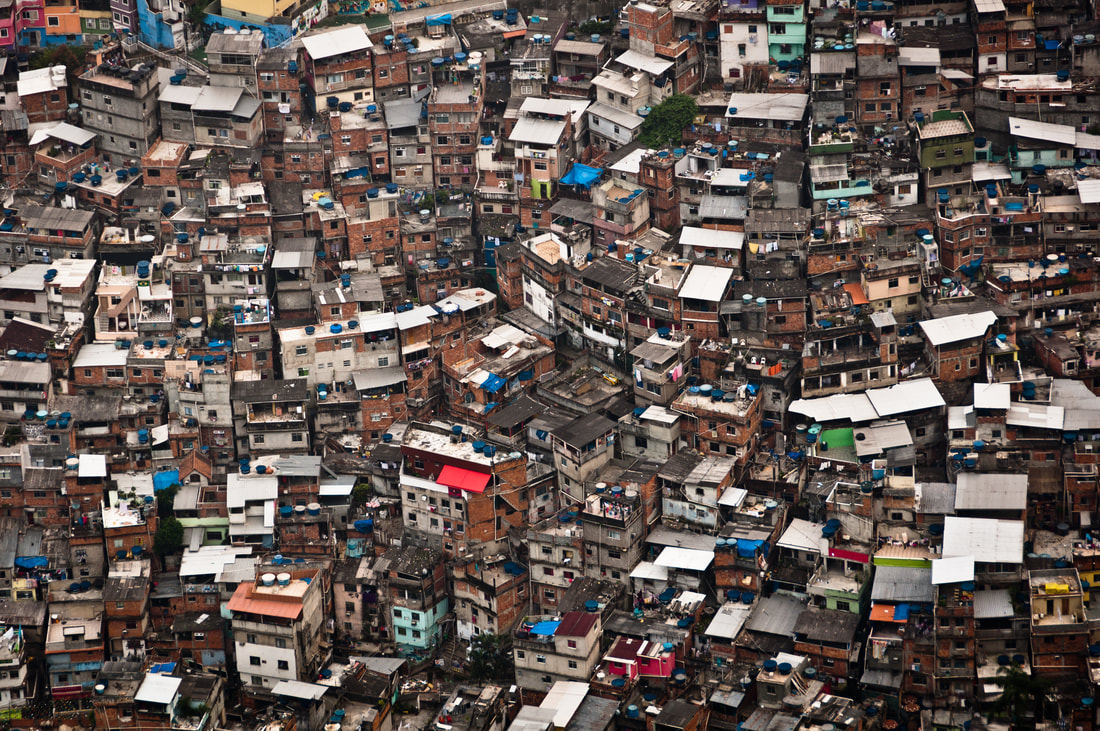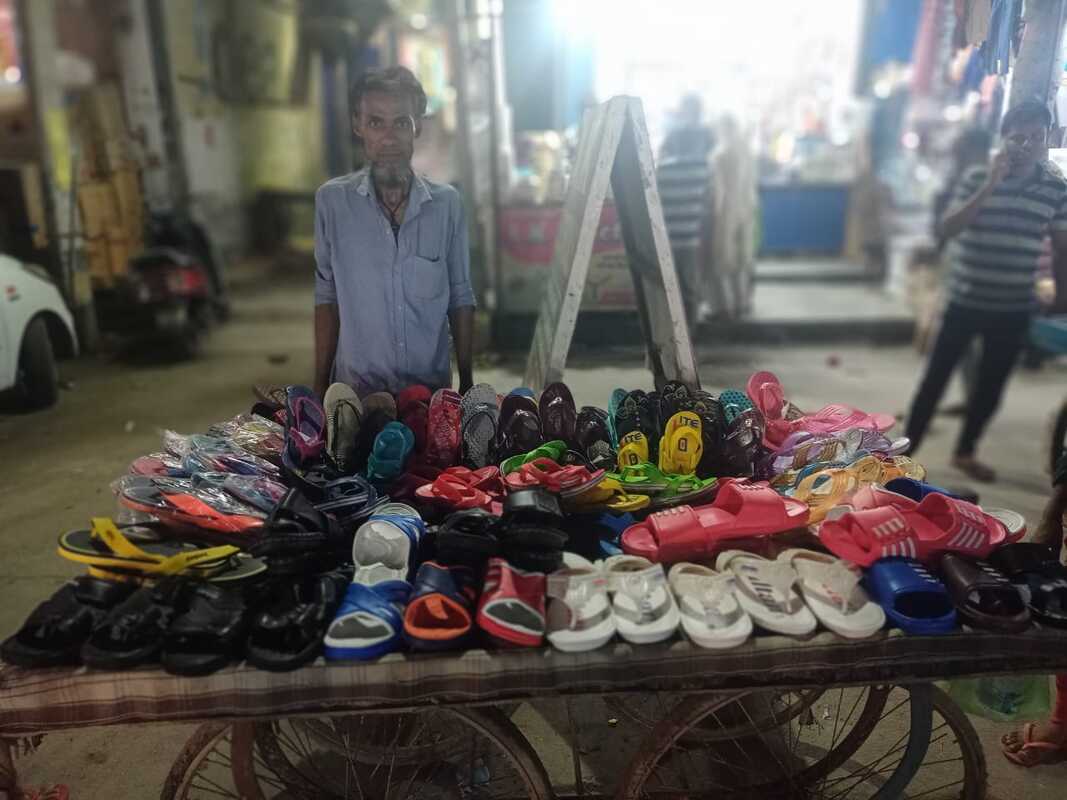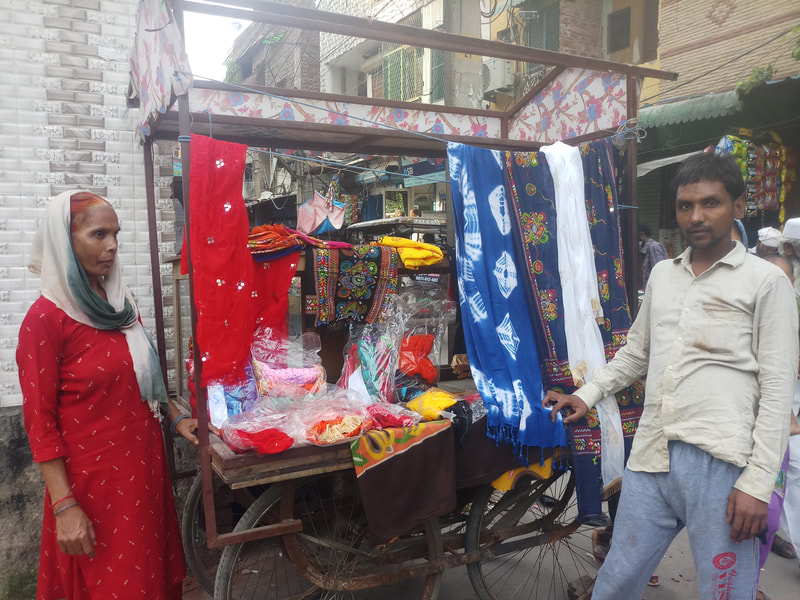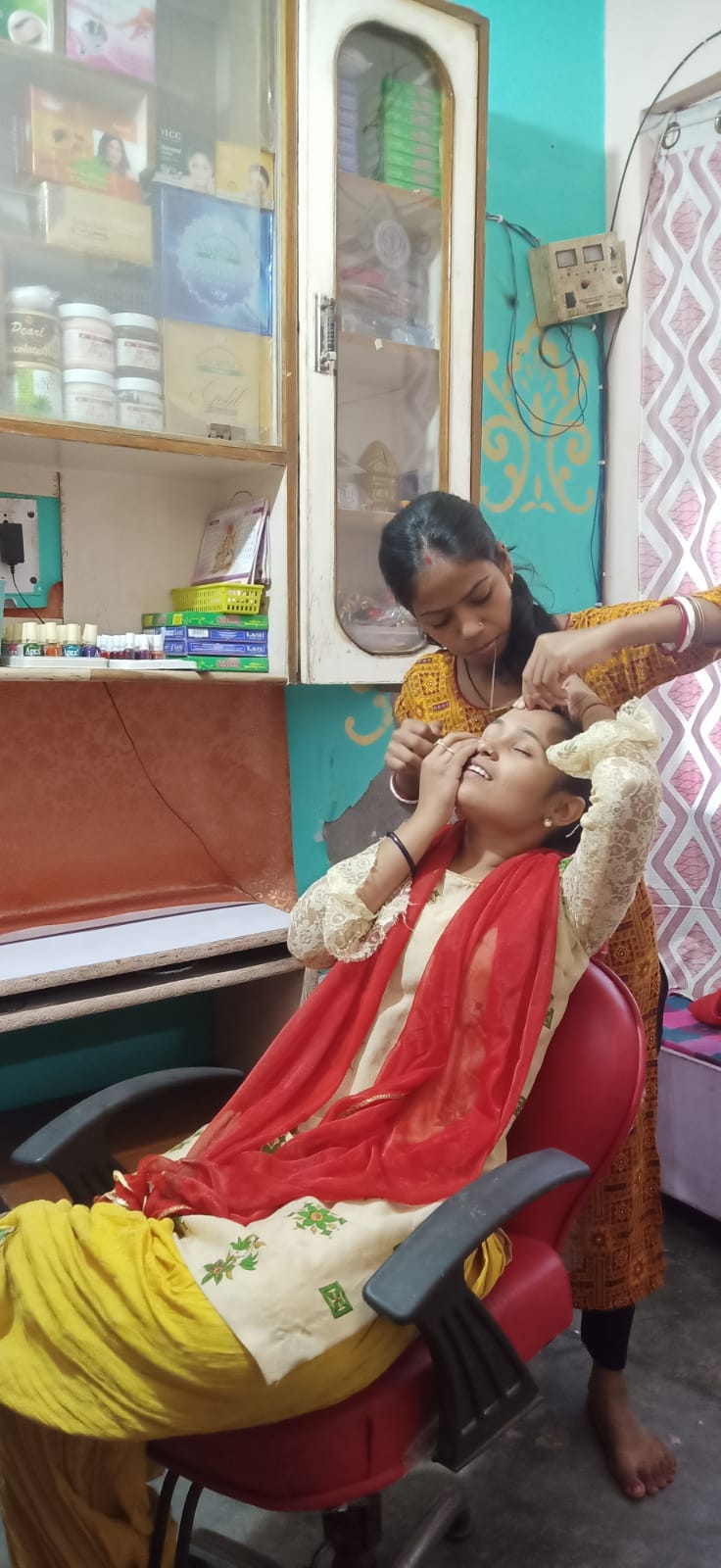Over 60 businesses rise from Delhi slums in poverty alleviation initiative |
|
|
|
0 Comments
Author
The Road to Parity
Archives
April 2024
November 2023
January 2023
February 2022
December 2020
August 2020
July 2020
June 2020
November 2019
September 2019
November 2018





 RSS Feed
RSS Feed